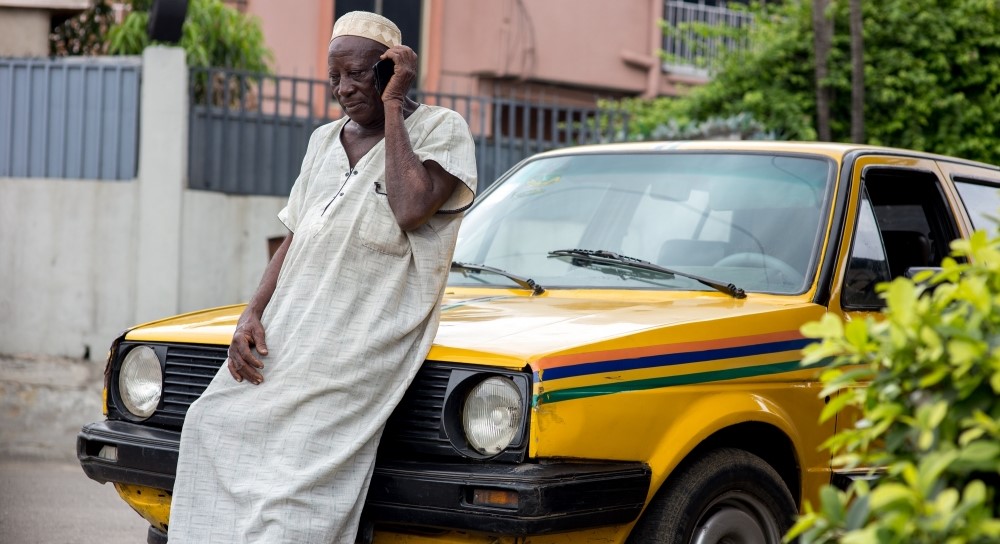An aspect of M-Pesa’s success story that is often neglected is the fact that one of the catalysts for rapid mobile money adoption in Kenya was the crisis surrounding the 2007 elections.
A few months after M-Pesa was launched, Kenya was plunged into violence over a contested general election. This crisis led to the deaths of 1,500 people while displacing hundreds of thousands of other people particularly in the Rift Valley north of Nairobi, according to Human Rights Watch. Amidst this chaos, Kenyans needed to send money to loved ones, while agencies explored several means of getting aid/funds to the affected people. Mobile money provided an ideal money transfer mechanism.
In short, the stars aligned.
With mobile money adoption still at about 1% in Nigeria, the stars are yet to align. Mobile money adoption is abysmally low in Nigeria because it is still a hard sell.
Mobile money in itself is a great innovation. The literature has expounded extensively on the many benefits of mobile money adoption. We also have several case studies in which mobile money adoption has helped lift many poor people above the poverty line.
The Central Bank reported that there were at least 3.8 million mobile money customers as at December 2017. That number may sound like a lot until you realise that the lion share of mobile money users are banked individuals. Or rather, as one mobile money operator executive put it, “overbanked” individuals.
“These overbanked individuals, the people who have mobile payment, mobile banking, this and that, they are overloaded. And these are the ones that we all target because they are the ones in the middle class and they are less than 5percent of the Nigerian population.”
Meanwhile, the World Bank reports that 68 million adult Nigerians (above 15 years) are financially excluded i.e. they have no account with any formal financial institution. Hence no access to digital transactions and person-to-person (P2P) payments and remittances, talk less of formal savings, insurance, pension and credit facilities.
While people living in urban and urban areas are well served with diverse financial service points (FSPs), mobile money stands as an important lifeline towards accessing financial services for those living in remote and underserved regions. Mobile money has a hard time penetrating these regions.
The dissonance is massive when you think of it. Ideally, the Nigerian market is tailor-made for mobile money — high mobile phone penetration, high population, entrepreneurial spirit and a surging tech startup ecosystem. Mobile money has been in Nigeria since 2011. The stark reality is that mobile money penetration hangs around 1%.
One major reason for this is that operators and other stakeholders may not yet grasp the magnitude of adjustment users have to make when adopting technology like mobile money.
Let’s conduct a small thought experiment, courtesy of ICT Works, an online socioeconomic development community.
Imagine your employer told you that on the next pay-day, your company would start paying you in Bitcoin. How would you react? Sure you’ve heard about Bitcoin, but you have lots of questions as to what it will mean to receive your salary this way, such as:
- Am I getting swindled?
- Where can I use Bitcoin?
- Can I spend it like naira, or will I have to convert into naira first?
- Where can I convert?
- How much is the conversion fee?
- Will it be paid into my same bank account?
Your employer has some responses to your questions:
- Right now, the places where you can use Bitcoin are limited.
- To spend your money anywhere, you’ll have to convert first. Oh, and you have to pay a fee for this conversion.
- You’ll have to set up a new account and learn to use the new interface, a new app (and you will need a smartphone!).
- If you need help to learn this new system, you can take unpaid leave to sit in a classroom and attend a financial literacy training.
Your response to this Bitcoin is similar to their response to mobile money. The unbanked and under-banked people we’re trying to onboard into the formal financial services system have built their lives around cash for so long; it feeds into the fabric of their daily activities.
To introduce a new element, mobile money, into that dynamic would be nothing short of a disruption (in the negative sense). No surprise that they are skeptic about adopting such a change. We need to provide acceptable answers to each of the questions in the experiment and then maybe, just maybe, the needle will move towards higher adoption.
The numbers tell the story and it’s not pretty


